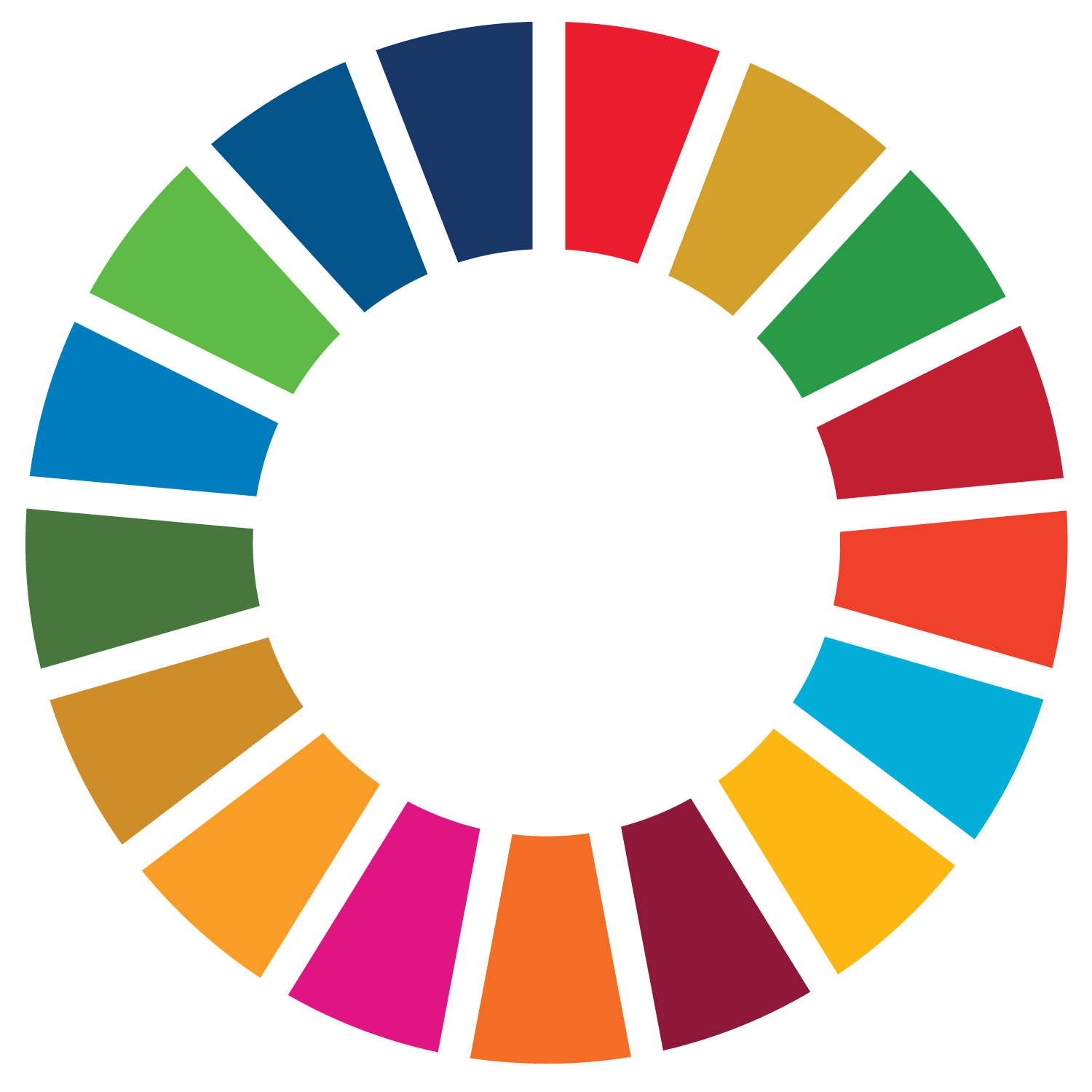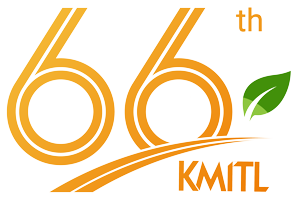Policy on Energy Management and Promotion of Sustainable and Efficient Energy Conservation
King Mongkut’s Institute of Technology Ladkrabang
Policy on Energy Management and Promotion of Sustainable and Efficient Energy Conservation King Mongkut’s Institute of Technology Ladkrabang
Policy on Energy Management and Promotion of Sustainable and Efficient Energy Conservation King Mongkut’s Institute of Technology Ladkrabang
King Mongkut’s Institute of Technology Ladkrabang (KMITL) is committed to aligning its operations with and supporting the United Nations Sustainable Development Goals (SDGs)—a framework of 17 global goals for sustainable development.
In support of a systematic, efficient, and sustainable approach to energy use, as well as reducing dependence on fossil fuels, lowering greenhouse gas emissions, and minimizing environmental impact, KMITL has established the following Policy on Energy Management and Promotion of Sustainable and Efficient Energy Conservation, to be adopted and implemented across all departments and units within the Institute:
1. Energy conservation shall be recognized as a shared responsibility of all faculty members, students, and staff. Everyone shall collaborate in adhering to relevant policies and measures, and actively participate in achieving institutional goals on efficient and sustainable resource and energy use—contributing to environmental protection and the mitigation of climate change.
2. Annual plans and targets for energy management and conservation shall be clearly defined. These shall be effectively communicated to ensure that faculty members, students, and staff understand and can implement them correctly.
3. The Institute shall establish and continually improve an appropriate energy management system. Energy conservation shall be integrated into the operations of all departments in compliance with applicable laws and related regulations.
4. The Institute shall continually improve energy efficiency in accordance with applicable technologies and best operational practices to achieve maximum effectiveness.
5. All new building designs, as well as renovation or modification of existing buildings, shall comply with the standards under the Building Control Act, relevant ministerial regulations, and energy conservation design laws and regulations.
6. The Institute shall support environmentally friendly procurement of products and services, and prioritize partnerships and investments with vendors who operate under principles that promote energy and environmental conservation. This effort aims to reduce pollution and minimize greenhouse gas emissions.
7. The Institute shall promote and support the use of alternative energy sources, including clean energy and renewable energy.
8. The Institute shall promote and support initiatives aimed at reducing Greenhouse Gas Emissions (GHGs).
Issued on this 11th day of April, 2025


